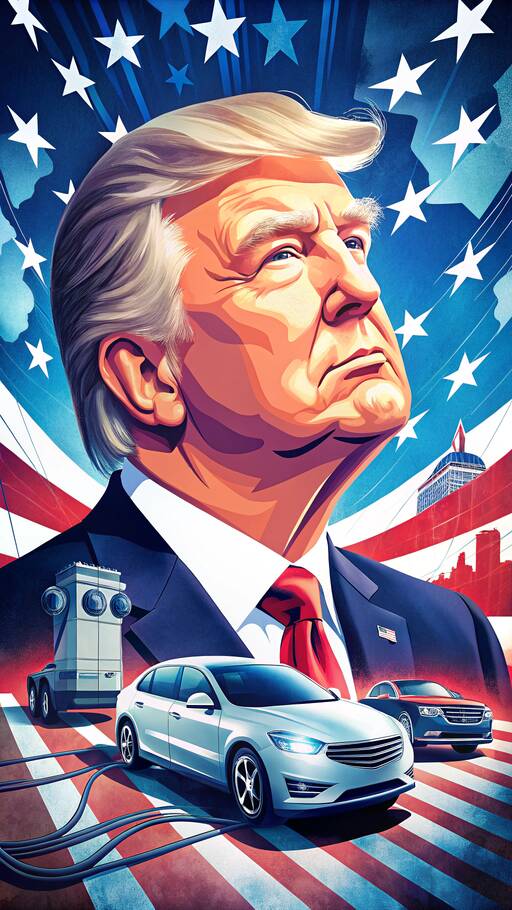
President-elect Trump's Transition Plans
Reports suggest plans to abolish the $7,500 customer tax credit for electric vehicles. Tesla's management has raised no objections, favoring the repeal.
Political Maneuvering
Considering Elon Musk's recent meetings with Trump, Tesla's position isn't surprising. The administration aims to enforce the rollback swiftly and may even consider advancing the expiration date from 2032 to align with Trump's term ending in 2029.
Regulatory Changes Expected
Apart from EV tax credits, the administration might retract Biden’s stricter emissions standards, which aim for 40% EV sales by 2032 in the U.S.
The news about the tax credit has been overshadowed by Trump's cabinet selections in recent weeks. Currently, the benefits are capped for passenger cars priced no higher than $55,000 and SUVs and light trucks up to $80,000 under the Inflation Reduction Act of 2023—a measure criticized by Republicans as resembling a Green New Deal.
Historic Credit Caps
Previously, EV tax credits were limited to the first 200,000 EVs sold by each manufacturer. Tesla had already exhausted its quota before the Congressional IRA legislation, affecting its Model 3 and Model Y vehicles.
The American EV Jobs Alliance reacted strongly, emphasizing the negative potential for consumers and workers bolstered by the $188 billion increase in production capacity in the U.S.
Political Perspective
Mike Murphy, a GOP consultant, criticizes the decision as detrimental to both consumers and the growth of the auto industry in America.
The Trump administration's plan to repeal EV tax credits may reshape the competitive landscape of the automotive industry. While it reduces buyer incentives, it also highlights Tesla's anticipated growth in dominance, potentially insulating it from market competition. This pivotal move carries significant implications for American manufacturing, environmental policy, and consumer economics.